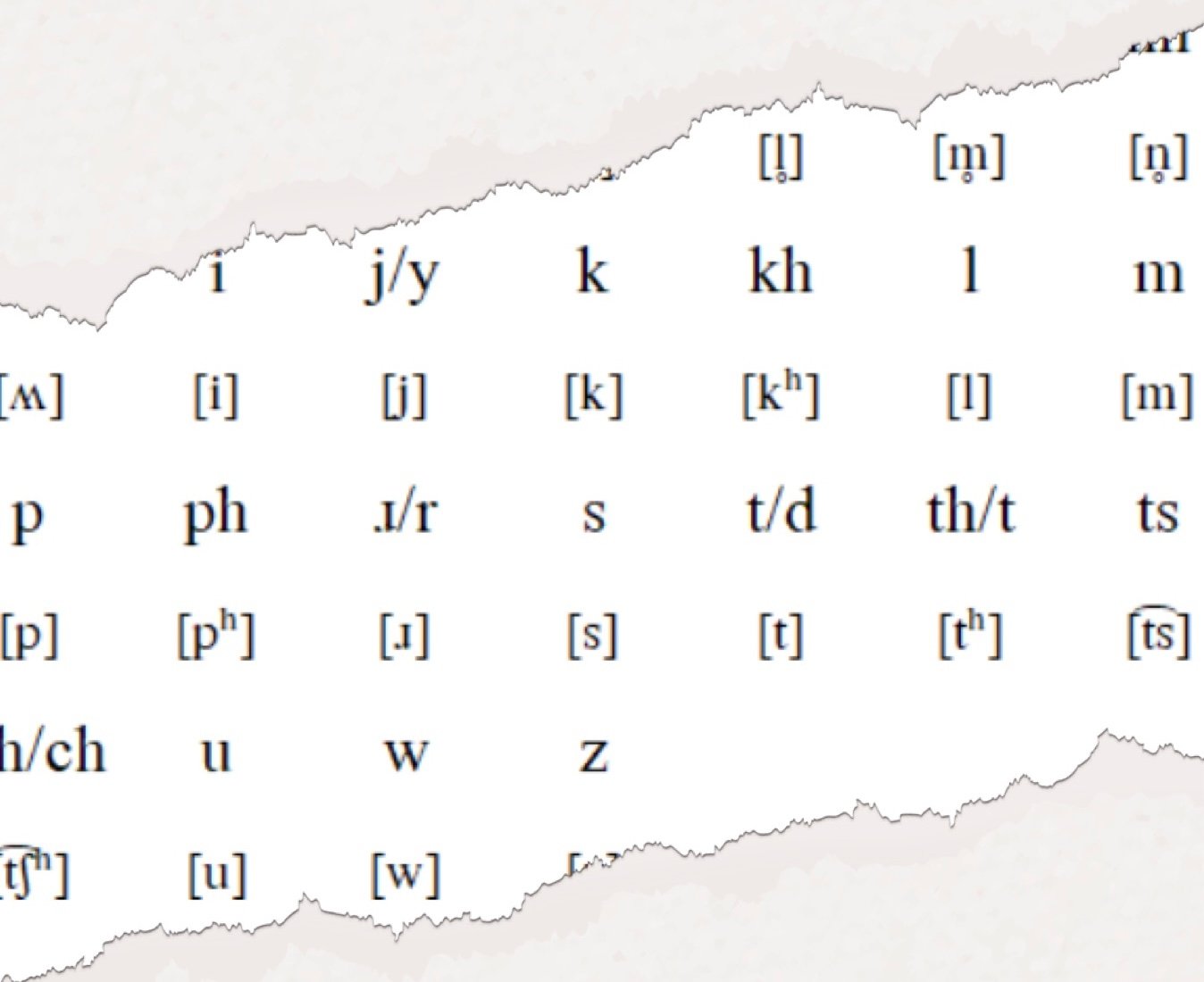Language, the essence of cultural identity, is under threat in a world that favors linguistic versatility and fluency in foreign tongues. Within this context, the Ao language, our mother tongue, stands as a testament to our cultural heritage and collective identity. While the pursuit of multilingualism is commendable, it is crucial to ask ourselves whether we are unintentionally forsaking Ao in our pursuit of English and other foreign languages.
In today’s fast-paced world, fluency in Ao seems to be diminishing among children. Ironically, parents often take pride in their children’s ability to converse fluently in English or other foreign languages, while showing little concern about their proficiency in Ao. It is undeniable that being multilingual is a remarkable talent and a necessity in our interconnected world. However, the relentless pursuit of linguistic perfection in global languages should not come at the expense of one’s mother tongue. It is essential to strike a balance so that we do not inadvertently neglect the language that shapes our cultural heritage and sense of belonging.
Download Nagaland Tribune app on Google Play

Our mother tongue, serves as a crucial conduit for preserving our cultural identity. However, the unfavorable consequences of neglecting Ao extend beyond personal and familial contexts. In social media and other open platforms, individuals speaking non-native languages, such as English, are often ridiculed or belittled if their grammar or pronunciation does not meet certain standards. One very common instance is when Mokokchung people speak Nagamese, mocking laughter greets their accent, despite the effort they put into perfecting it. They are ridiculed for their tone rather than appreciated for their effort to communicate in another language. This creates an atmosphere where the value of our mother tongue is marginalized, further fueling the loss of its significance. This bias undermines the importance of languages as mediums of communication and erodes the beauty of linguistic diversity.
While it is true that proficiency in English and other foreign languages can provide practical benefits, we must not overlook the intrinsic worth of our mother tongue. It encapsulates an intricate web of cultural wisdom, traditions, and values that connect us to our heritage. By neglecting our dialect, we risk losing an irreplaceable cultural resource—one that connects us to our ancestors and carries the essence of our community. Our mother tongue is not just a utilitarian tool; it represents the very fabric of our identity.

Even within our homes, the erosion of Ao is evident as parents increasingly communicate in English. It Is disheartening to witness the growing trend among parents to speak English at home, inadvertently disregarding the significance of Ao in daily conversations. Home, where the foundation of our upbringing is laid, should be a sanctuary where our mother tongue thrives. By creating an English-dominated environment, we not only weaken the roots of our linguistic heritage but also deny future generations the opportunity to experience the beauty and richness of Ao. Language extinction looms as we prioritize foreign languages over our mother tongue. Without active efforts to preserve and promote Ao, its significance will fade, causing an invaluable loss to our community and cultural heritage. It is therefore high time we reevaluate the importance we place on our mother tongue, granting it the reverence and attention it deserves.
Many individuals invest considerable time and resources into mastering foreign languages by purchasing dictionaries, grammar books, and language-learning software. Unfortunately, it is not uncommon to witness families without even a basic Ao language dictionary which is only worth Rs 500, highlighting the irony and neglect towards preserving our own linguistic heritage.
While the acquisition of foreign languages is undeniably valuable in today’s world, we must not forget the beauty and significance of our mother tongue. Neglecting Ao not only undermines our cultural identity but also contributes to the erosion of linguistic diversity. It is critical that we strike a harmonious balance between embracing foreign languages and passionately preserving our mother tongue. By valuing and actively promoting the importance of Ao, we can safeguard our cultural heritage, strengthen our sense of identity, and contribute to the preservation of linguistic diversity for generations to come. It is time to rekindle our pride in our mother tongue and take the necessary steps to protect it from the looming threat of extinction.

